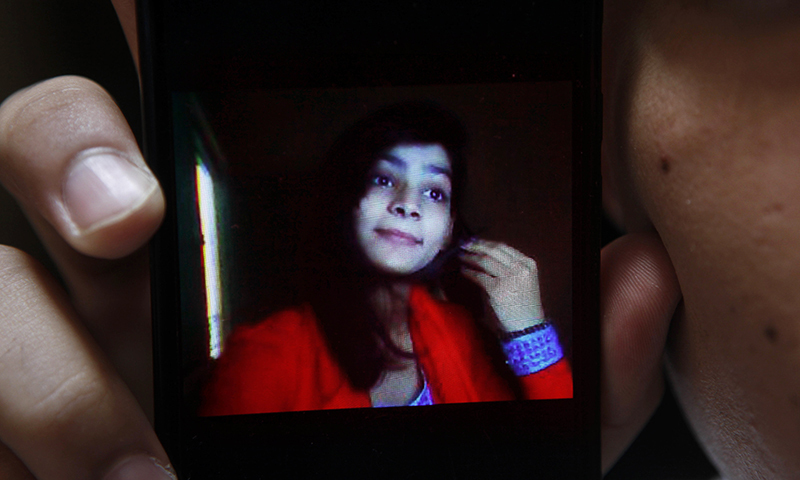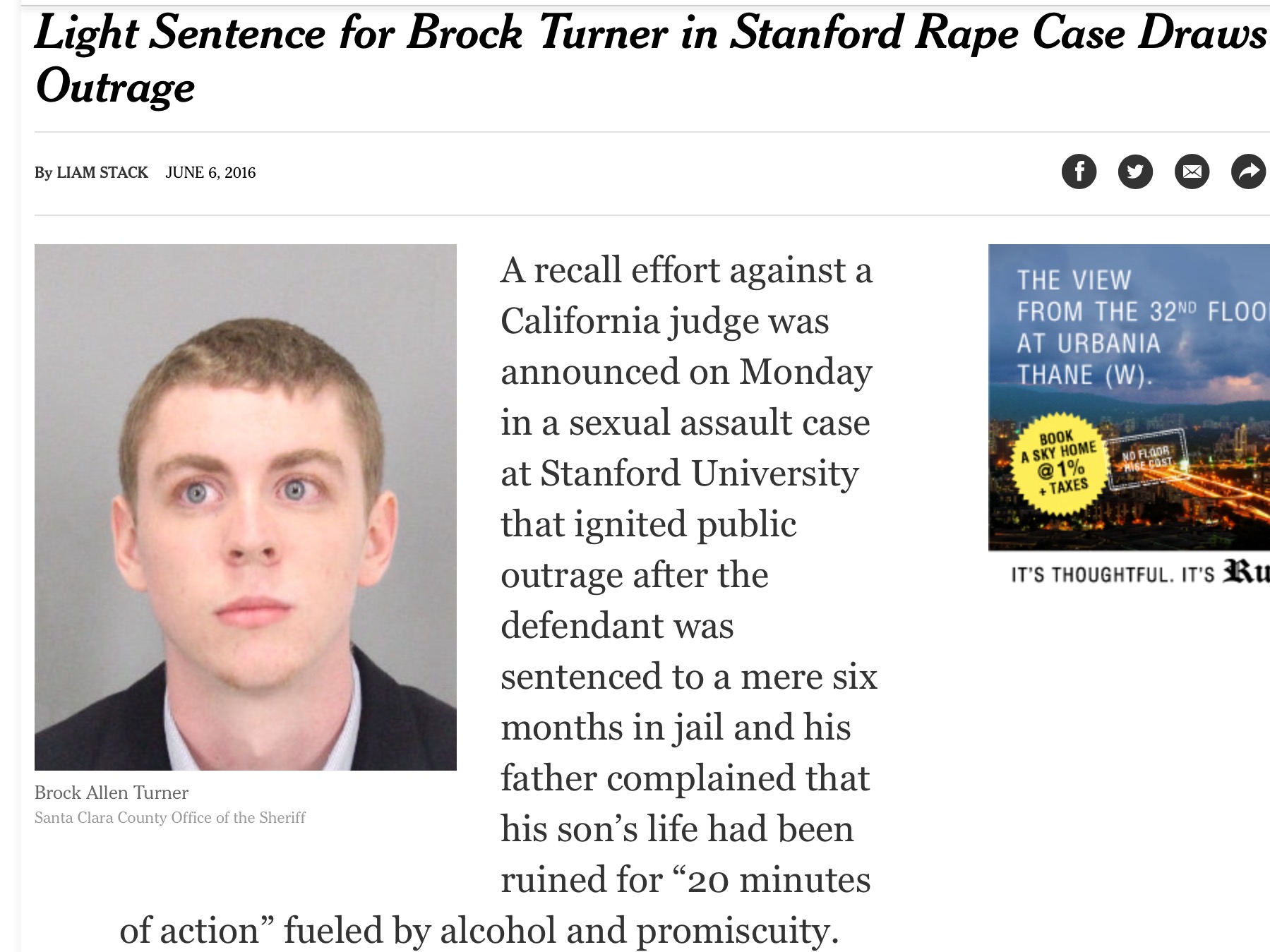She is the new sensation in Indian film industry. Her debut film was a grand success. She played a major role in Hindi film Dangal as a young wrestler. The film was an adaptation of real life story of two sisters who won laurels for the nation in international competitions and that of their father, the coach.
But instead of praises and bouquets Zaira Wasim is receiving abuse from many in her own state. This is because she comes from Kashmir and the misogynist Islamist mindset prevalent in many there cannot tolerate a girl acting in films and becoming a star. More over for the Islamist freedom fighters colluding with Indian film Industry is like becoming a traitor. Her meeting with the Chief minister made it worse for her.

Credit : Disney films
Despite the warm exchange of greetings, the 16-year old Kashmiri’s meeting the CM has attracted the attention of trolls all over social media. This has forced the 16-year-old to apologise on social media, with a clarification that she did not want “anyone to follow in my foot steps or even consider me as a role model”.
In an FB post, Zaira publicly apologized to all those who were offended by her meeting with the CM. She takes an emotional tone saying, “I hope people still remember that I’m a just a 16-year-old girl and I hope you treat me accordingly.”
The abuse began a few months ago, soon after images began to appear on Facebook of 16-year-old Kashmiri actor Zaira Wasim with her hair trimmed, as she prepared for a role as a young wrestler in the Aamir Khan starrer Dangal. Internet trolls in the conservative Kashmir valley, where Islamic militants in the early 1990s forced cinema halls to shut, questioned the teenager’s moral character for acting in a hit film.
The trolling grew stronger on late Saturday evening, after pictures were released of the teenaged actress meeting with Chief Minister Mehbooba Mufti, who described her as a “Kashmiri role model”.
“Cursed girl”, declared one Instagram user from the Valley. Added another, “Payi se trath” – may you get hit by lightning.
Hoping to calm down the abusers, Wasim on Monday posted a public “confession/apology”, as she described it, on Facebook, copying a screenshot to Instagram. “…I want everyone, especially the young, to know that there are real role models out there whether they be in this time or history.” she wrote. “To even consider me as a role model would be disgracing them and their disgrace would be our disgrace.”
However, this only fuelled the controversy, as her message was picked up by news websites and television channels.
Within hours, Wasim deleted her post and issued another message asking the media not to “blow this out of proportion”. She wrote: “Regarding my last post, I have no idea why this has become such a big issue. I just wanted to make sure that I did not hurt anyone’s feelings and all of a sudden it has been turned into national news.” Shortly after, this message was deleted, too.
To many young Kashmiris, the abuse heaped upon Wasim is a reminder of the campaign in 2013 against a girl band named Pragash. The three Class 10 students – vocalist-guitarist Noma Nazir, drummer Farah Deeba and guitarist Aneeka Khalid – had to disband their group after a string of online abuse and eventually a fatwa issued against them by the state’s grand mufti. While the girls apologised, no action was taken against their abusers.

Credit : NDTV
Arshia Malik , the Kashmir based writer remember her younger days in Kashmir and illustrates how infusion of Islamist ideology strengthened patriachal beliefs.
I was privileged enough to belong to what would be termed a fairly liberal family in the sense that they believed in the education of daughters and promoted studiousness and personal libraries. But yes, there were lines drawn on certain habits and lifestyles even though 1990 was far away yet. I must have disturbed my cousins a lot. My tomboyish manners and fearless attitude, what I call my ” Dilliwajaen’ (belonging to Delhi) view must have been a pain in their neck and in hindsight I amusingly see their Kashmiri ”kaekgi” (sarcasm) as pathetic attempts to break me knowing I lived life on my own terms.
So wearing skirts as a sports uniform for my school basketball team, prancing around in jeans/trousers, hobknobbing with boy cousins flying kites, and playing cricket and later discussing everything political and religious was at best tolerated with seething lips, gnashing teeth and clenched fists by the elders. But come 1990 and the burqa diktat by militant organizations enforced through acid attacks, my extended family got a license to further subdue my spirit they had not been able to break.Hence the narratives that my generation grew up with – that Pakistan was the land of the pure, that Arabia was the epitome of ethics and human rights, that Muslims did not live dignified lives in India, that the Ummah has always been a peaceful, tolerant one and had spread through the benevolent Kings, the Sufi mystics and the power of reasoning, so on and so forth, are shattering on a daily basis now. Hence the ” Oppression Olympics” of Muslims that closet Islamists in the guise of scholars, academicians, media spokespersons of upright citizens of the community like to peddle do not hold water, and incidents like the Pragash controversy, the Zubin Mehta concert fiasco, the Literary Festival cancellation, and the recent Zaira Wasim trolling lay bare the actual extent of the damage that Kashmir’s psyche has undergone in 27 years.
It may seem like harmless trolling to many apologists but they can never imagine how real trolling on the streets of Srinagar and other districts can seem like and what exactly women undergo if they wear pants/trousers, ride a scooty, walk alone with uncovered hair, without escorts or even dream of joining the fashion and entertainment industry. Though because of awareness and an improvement in police-public relations and the stigma attached to a harassed woman, physical violence is minimal – a far cry from the acid attacks and knee-cappings of the 1990s, yet the verbal abuse, the harassment in workplaces and families once a woman becomes prominent should give a visual of why Zaira felt the need to put up those deleted posts in the first place.Misogyny has no borders in South Asia. It would be dishonest to say that Afghanistan is the most dangerous place for women, or that Pakistan is now cracking down on Taliban forces who shoot school going girls in the head, or that New Delhi / Bangalore is becoming safer for women. But the first step is acknowledging the deep rot which has set in our society since extremist forces took over and long before when it was taboo to question regressiveness in a particular community or culture. Women in the movies or as singers and dancers especially from Muslim backgrounds were always looked down upon and frowned on as ” nautch-girls”. It hasn’t been that long ago when one of India’s talented actor Shabana Azmi was termed as a ” naachne-gaanewali” by the so-called well-wishes of the Indian Muslims – the mullahs.
If the UN proclaimed adage that countries will progress only if their women are empowered is to be taken seriously then we need to take a stand against this mindset that women should not be seen or heard. Do not let the token Liberalism of apologists or two-faced, dishonest community leaders who work for interfaith harmony with the unwritten rule of ”you-do-not-point-at-regressive-practices-in-my-religion-and-I-will-leave-yours-alone” rule fool you. Women need to be upheld according to the Universal Declaration of Human Rights and not against some divine text, or centuries old, unconfirmed and heard sayings.
This is not just about women but men too. Patriarchy hurts men too and if future mothers are to bring up well-balanced, stable and respectful sons, then the mullah-politician-military nexus needs to be called out as well as the hypocrisy of the Right wing morality brigade and Left-wing postmodern moral relativism.
It seems those who are demanding Azadi (freedom) in Kashmir is not ready to allow azadi to women in their own society.




